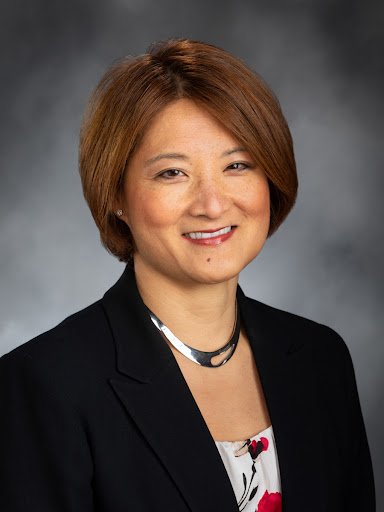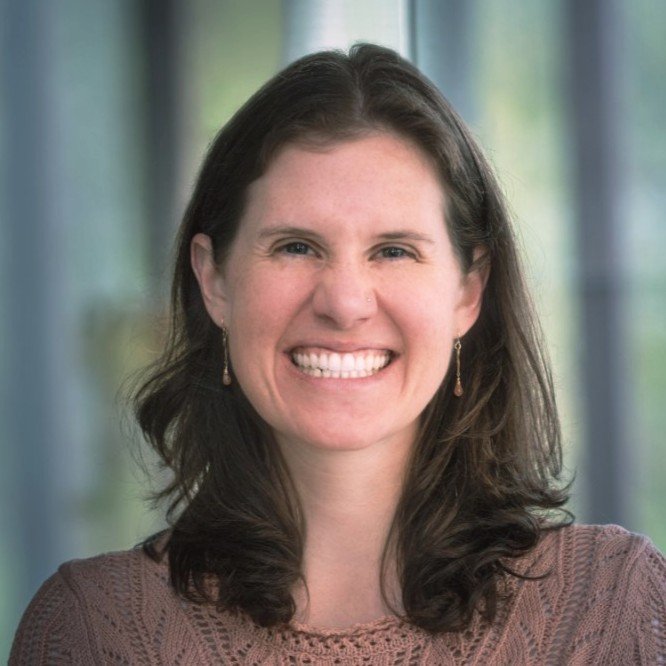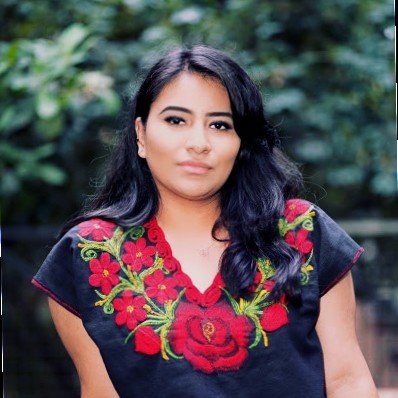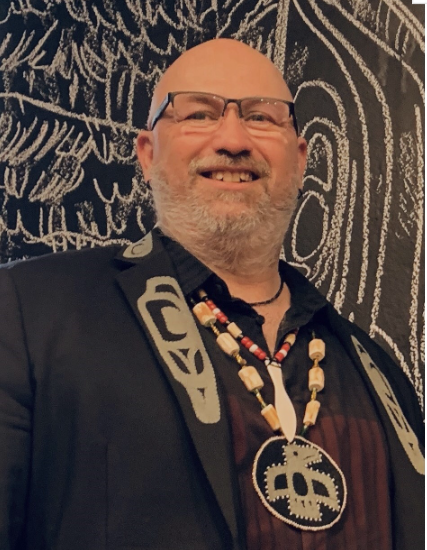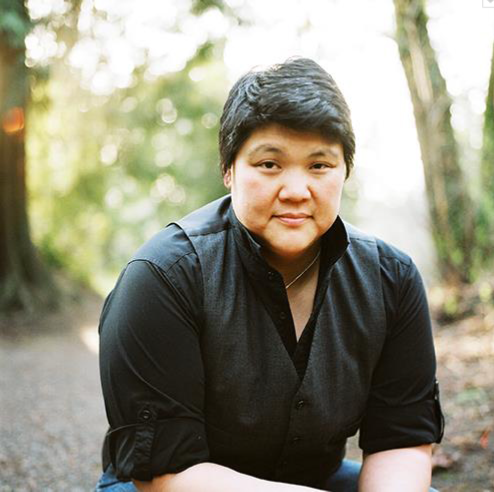Mia Gregerson
State Representative, Appropriations at State of Washington
Interview by Evan Hoang & Ethan Dith
November 01, 2022
I interviewed Mia Gregerson and we touched on her goals with Digital Equity. The biggest thing that stuck out to me was Mia’s contribution in facilitating a group of 160 while managing to bring in 27 guest speakers. With this commitment, it helped get Federal attention towards their cause.
Q. What is your definition of Digital Equity, and what about it motivates you? What are you passionate about in this space?
MG: So my definition of Digital Equity is the three-legged stool. So affordable and fast-enough internet and then having the devices necessary to perform and participate in society. The third leg is having the literacy and ability to navigate these digital platforms. So in my head that’s my definition of digital equity. So you’ve broken down the barriers. My goal for WA state is having 90% of Washingtonians have full access to these elements. And of course all the different strategies and ways to break down barriers is all part of the journey.
It’s like putting your head underwater and you see an entire ecosystem that you were ignorant to before. It was a little bit of interest before the pandemic hit and we had our stay at home orders. There was this giant flood of focus, uncertainty, and fear, and thinking that people were going to lose their lives or participate. All of that happened at the same time. For me the passion comes from actually meeting people, listening to people, and building a partnership in communities to solve problems. I just see it as a whole bunch of problems that need to be solved. And a lot of times there’s models that are already working that we can consider and I enjoy bringing that to the space for people to decide if that works for them. I also enjoy hearing feedback later on to see how it worked and didn’t work. In regards to this I see it more like the different concepts of street ball. You just show up, play the game, you’re still doing the basics of playing the game but it’s not NBA. It’s not a bright line between who’s participating and who's not.
The fear of what would be considered “failure”, I’m only passionate about continuing to work in this space. In both of those ways but bringing them closer together so that the comms is something that everybody understands and everybody can talk about. There are more definitions that are shared broadly. I find that the definitions in the space are all over the place. But for me it’s exciting to be part of all that problem solving and hear about where we can be in partnership to do the work.
Q. What values and/or principles are important for everyone in this space to do good work?
MG: The value, in my head, is the willingness to not know everything or be a good listener. I find that people who come into this space think they know the answer or they think that the problem has been solved, but don't do very well when it comes to being in the moment, treating the symptoms, being part of solutions both short-term and long-term. I’m a big fan of the SWOT analysis which is like the internal and external threats and opportunities. And oftentimes people can be short-sighted if we’re not careful around where there are other opportunities. Even just immediately by looking at friends or organizations that are close in your vicinity but may not share the same interest in projects. But in this space there’s often a connector between “hey, we share the same mesh system” or “turned our wifi outside” these are all things that all of sudden communities are brought together. And so for me, I think that’s a big value is that sometimes people are so scared that they’re paralyzed by fear but they choose to keep working and trying to find solutions: short-term, long-term, internal, external opportunities. Whether it’s the federal government or the lack of all of us coming as one voice to the federal government. What kind of problems do they cause when we don’t do that? For me, those are really important things in this space.
Q. What have been big wins for you and how did they happen? What sorts of support were needed for them?
MG: Well I think looking backwards is always easier when handpicking wins because it’s hard not to focus on where we haven’t gone far enough. I think to celebrate some of our wins is our internet access crisis team which Sabrina may have talked to you a little about. And what’s cool about it is that we started with five of us and by the end we had over 160 different participants come into these weekly meetings, we had 38 meetings, during the heat of COVID, an average of 45 organizations participating each week, we had 27 guest speakers, each of these speakers were well thought out by a small planning team to help prepare for the weekly meetings. What that did is that we would listen to the comments, here in our different ecosystems, about what was going on and try to bring a guest speaker in to educate the whole group about something emerging or something that happened. Or something that could be a model to replicate for folks that were participating. Fastfoward to that, it really brought Washington state to the forefront. All things under Digital Equity, broadband employment, or funding. Because we had such a holistic group of folks with shared values in a very democratic way without having to make solid decisions, because of all the shared learning. Washington state was really aggressive and successful in using federal dollars. Also organizations were aligning that may have never met before to either go for those dollars or improve their systems.
The collective impact and collective intellect. And then progressing together so that anybody who onboarded could go back in time and see the recordings. We took notes, linked the notes to every meeting, we had a rolling agenda. All of that was a collection of everyone’s creative ideas and intellect. As an elected official, my power is to convene.
“My goal for WA state is having 90% of Washingtonians have full access to affordable and fast-enough internet…devices necessary to perform and participate in society…[and] the literacy and ability to navigate these digital platforms.”
Q. What is your organization’s goal in moving towards digital equity? What steps are being made by your organization to reach that vision?
MG: Well I think the organization in my head is Washington state. WA state has over 130 agencies. And our agencies are little to really big like DSHS or department of health or transportation. WA is 7.8 million, we are very diverse, westside and eastside, different ways we talk to each other, different school districts, different needs. So my organization's goal: while we can put money, policy, and direction to the department of commerce. It doesn’t mean that we’re actually spitting out the work that needs to be done. A lot of the right government is just people and so people power is difficult if we have lots of transition. And you’ve heard a lot of worker retention and labor issues in general. Our organization is struggling to build momentum so we can push forward our values and dreams around Digital Equity. I hope that folks like you who are interested in collecting a narrative or amplifying a voice will convene groups again to remind them and bring leaders together. That will help our organization continue to reach our vision, continue to be leaders of the country of innovative ideas, and be better partners to our manufacturers. So the government has to be a partner and bridge the gap between the community.
Q. What’s an example of some good work so far and who’s been doing it? Who would you like to give a shout-out to?
MG: Well I should just give you a shoutout. Your work is amazing and super important. And it’s really going to lay a foundation of taking this work seriously. I’m not saying it isn’t serious, but people will talk about it in the framework of a problem and reach a solution. It’s not something that every person and organization can talk about and understand. The work you’re doing is really important. By 2030 1 of 5 will be 65 years old. We have an aging problem that is having literacy problems just as fast as our youth. But for different reasons and different issues. And there’s so much shame that comes with that. Despite helping to educate all of us, I think it is going to help build community connections, and I think there are so many non-profits and messengers in our communities. I’d like to give a shoutout to them. As a decision maker, that is something we’re trying to push: targeted investments, supporting trusted messengers so that they can go in and do the work. Release barriers to have access to grants and resources that will help.
Learn more about the Washington State Legislature.
Connect with Mia Gregerson on LinkedIn.

